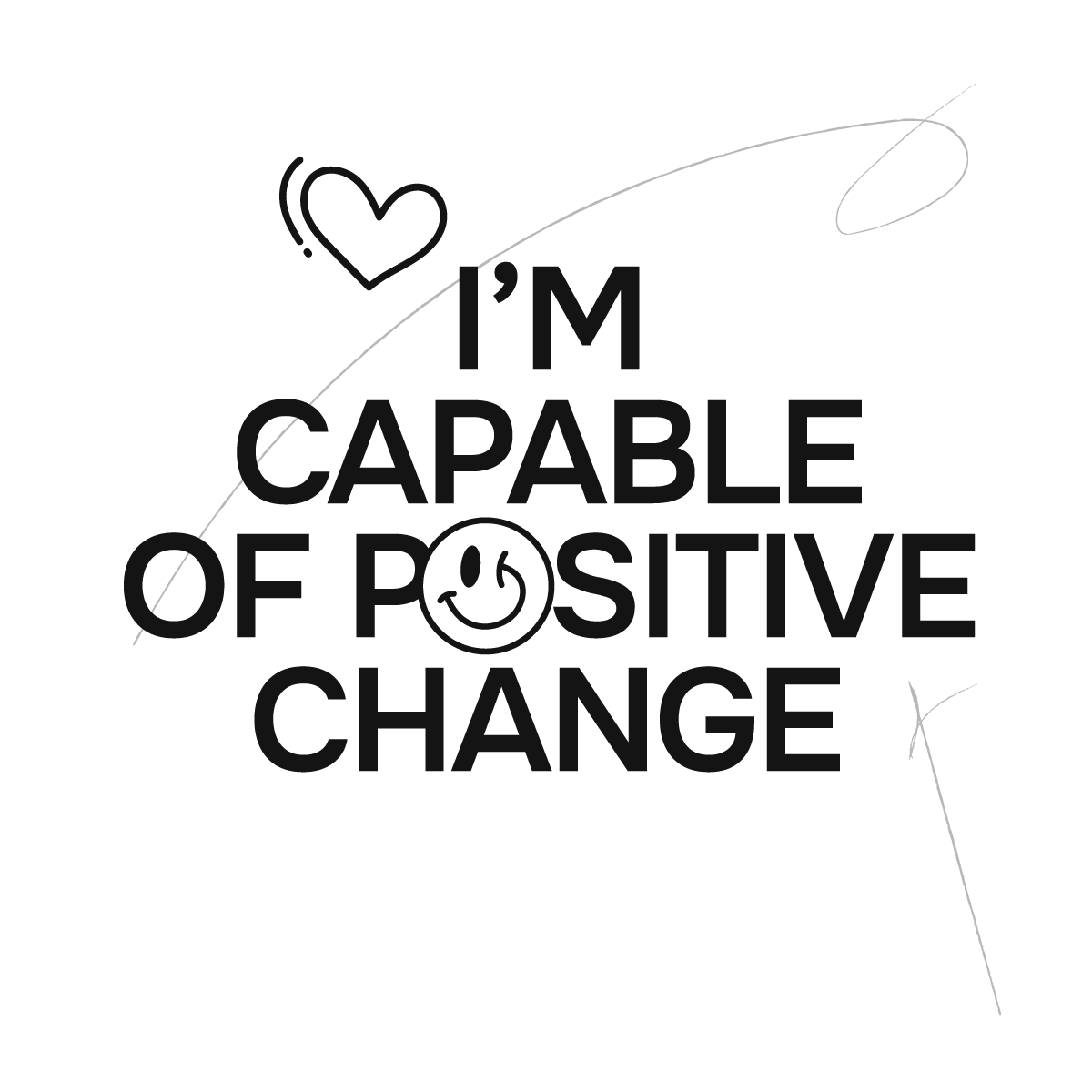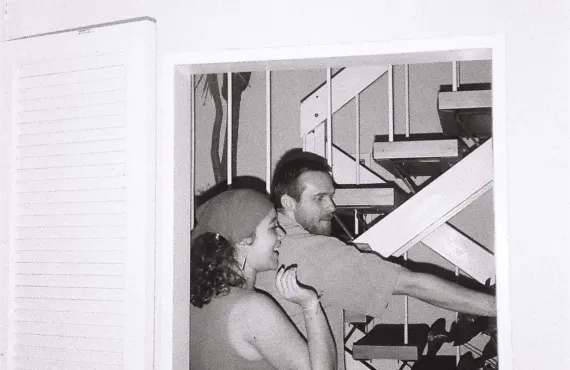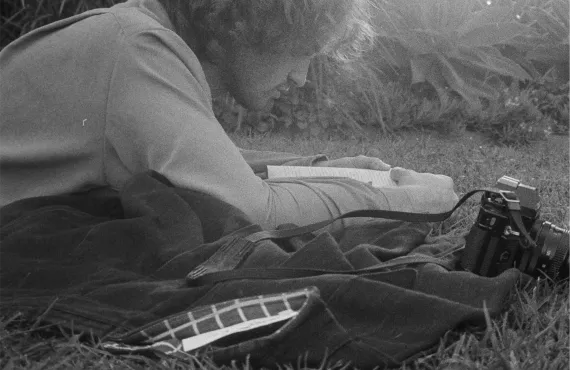An expert explains gaslighting
By Rachel Barker
First published on VICE.COM

Gaslighting, the 2022 Miriam-Webster word of the year, is a term that grew in online searches by nearly 2000% in one year. It’s a word as familiar as it is misunderstood. It takes its name from the 1944 film Gaslight, itself based on a play, that sees a man slowly manipulating his young wife into believing she is insane. But insanity no longer seems to be the social requirement to claim you’re being gaslit.
And for that, TikTok has a raw, red target on its back.
The frequent and ill-advised repetition of the phrase on TikTok, has many people in relationships that are damaging but not outright abusive – believing they’re victims of something much more extreme and potentially dangerous.
But the misuse of the term has also led to an epidemic of self-diagnosis in professional fields — and it feels like now is a good time to be reminded that your relationship issues can still be taken seriously without the need to attach your experience to a buzzword.
We spoke to Jo Robertson, a qualified therapist and betrayal trauma specialist, to get to the bottom of the gaslighting zeitgeist.
Are you able to explain gaslighting, and how it’s traditionally understood in your world?
Jo Robertson: “I tend to explain it as ‘crazy-making’. Gaslighting is somebody else, manipulating you to make you feel like you're going crazy.
So it's not somebody that annoys you. It's not somebody that you find frustrating or makes you angry or that you have a different opinion from — It’s somebody who makes you feel like you're going crazy.”
Do you think the definition is overused?
“I do, a lot. It's a phrase that you shouldn’t throw around unless you've had a professional speak to it.
I think we can highlight that a person has some problematic traits that look like X,Y,Z. But what is currently happening is everybody leaps to the labels, and I would be reluctant to do that myself – across all the labels.
Let’s just stop pathologising people's behaviour and diagnosing them when we're not an expert in that.”
So, how would you identify real gaslighting?
“Where I observe it the most is in infidelity. Usually by lying, minimising, avoiding, deflecting, stuff like that. So they cheat on you, for example, and you’re really upset and they tell you, You’re being too dramatic.
It's the feeling of “something is wrong with me”. And people often struggle to even attach it to the person who’s gaslighting them, because they often think the person in question is really rational and logical — so they think, Okay, I'm the crazy one.
It's a privileged position, but if at all possible, if you feel like your relationship is making you go a bit crazy, or you feel like you're starting to doubt your own mind, then go see a therapist. It will give you the validation or insight that you need. (If speaking to a professional isn’t realistic, talk to a friend or family member – someone whose opinion you trust who will be able to be objective and provide support).
It can be a scary thing to do because there might also be things that you're doing that are problematic or unhealthy. But it's better to know so that in the future you can go into a loving, thriving, beautiful relationship.”
What is gaslighting?
You may also like
-
 Read
ReadDo you like your partner as a person, or do you like the lifestyle they offer you?
Advice, Relationships















